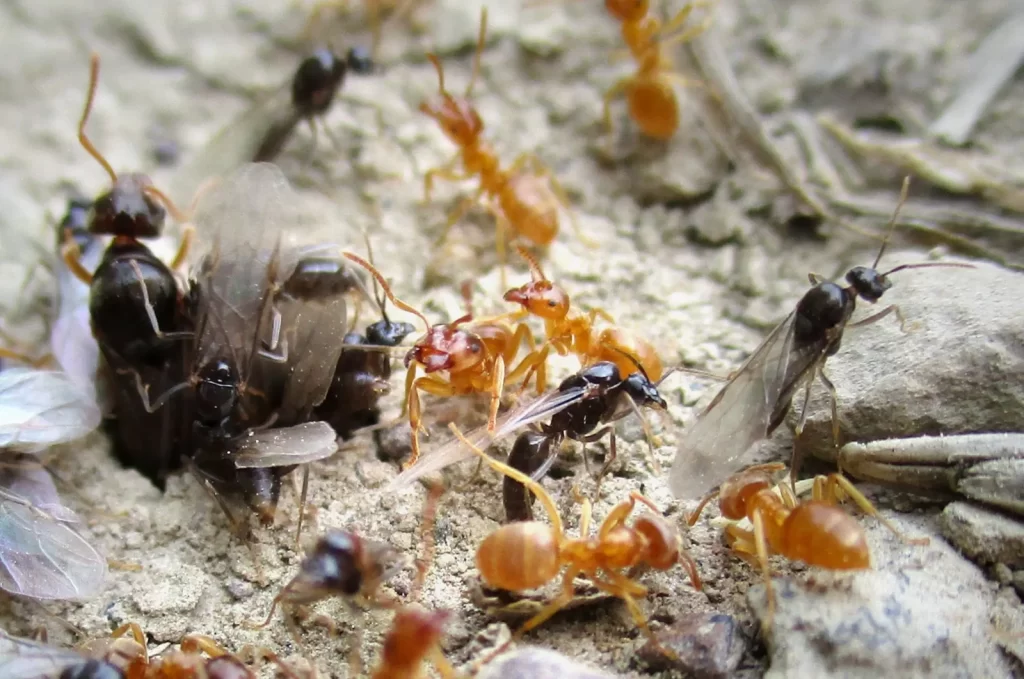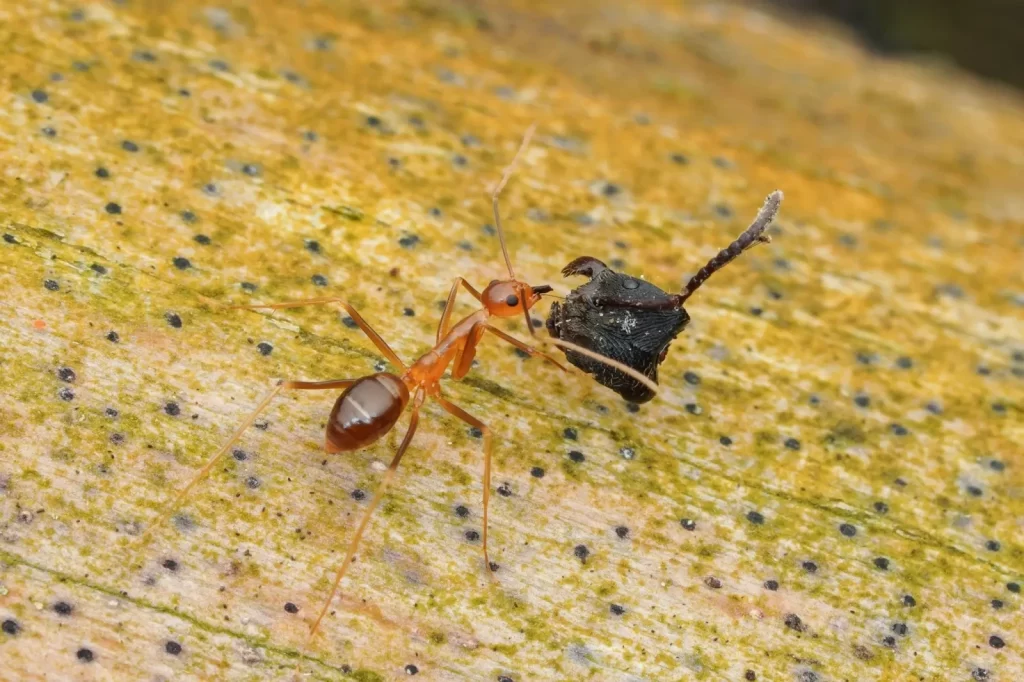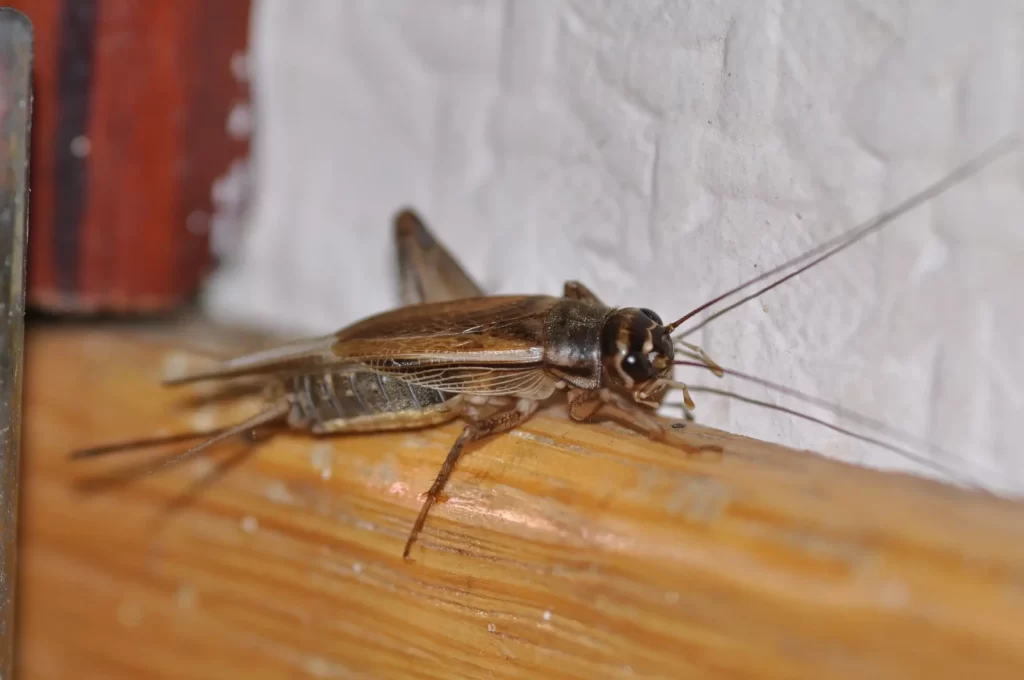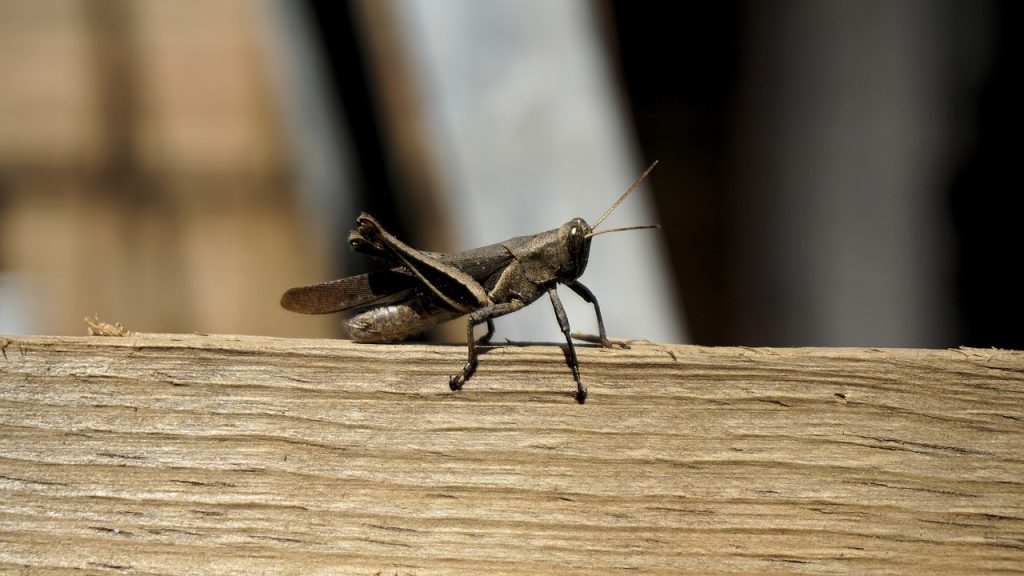Bed bugs are small, elusive pests that have become notorious for their persistence and resilience. Among the many unpleasant traits of bed bugs, their distinctive smell is one of the most unsettling. If you’ve ever wondered why bed bugs emit an odor when crushed or disturbed, you’re not alone. This article explores the reasons behind the smell, what it indicates, and how you can identify it.

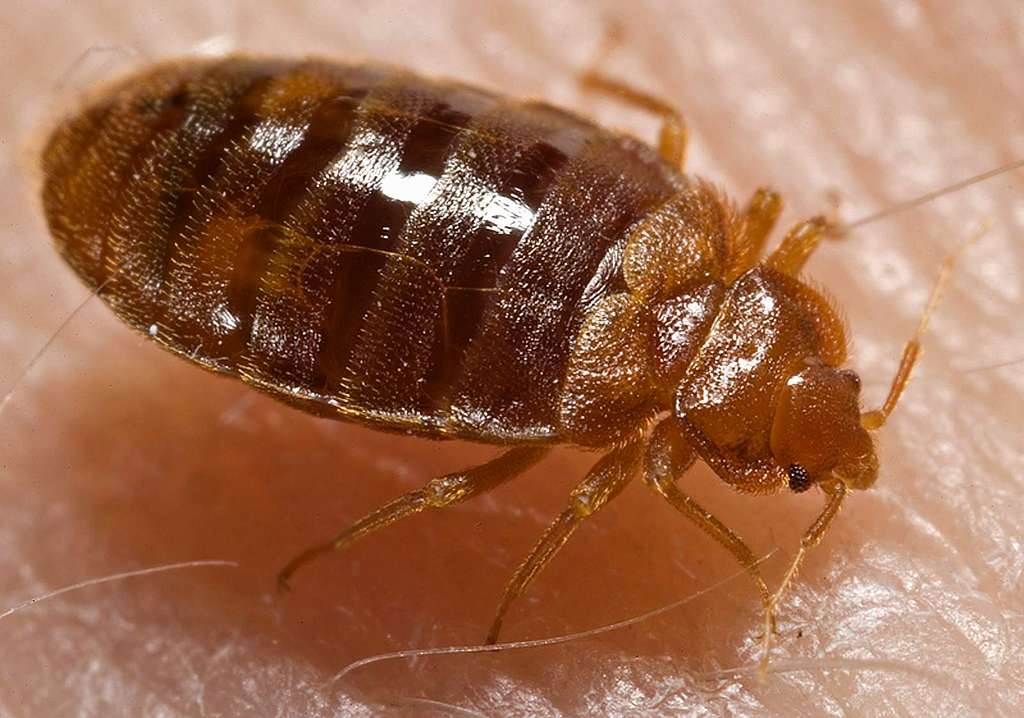 Myths and Facts About Bed Bug Smell
Myths and Facts About Bed Bug Smell
What Do Bed Bugs Smell Like?
Bed bugs are often described as having a musty, sweet odor. Some people compare it to the smell of overripe raspberries, almonds, or even moldy shoes. It is the smell of bed bugs’ scent glands, which release pheromones used to communicate with one another. These pheromones help bed bugs find mates, locate harborage areas, and signal danger. When bed bugs are alive and well, their scent may be faint or undetectable. However, the smell becomes more noticeable when they are crushed or agitated.
Why Do Bed Bugs Smell When You Kill Them?
On killing a bed bug, you might notice a sudden release of a strong, unpleasant odor. This occurs because, when crushed, the bed bug’s scent glands burst open, releasing the concentrated pheromones stored inside. The intensity of the smell can differ depending on how many bugs are killed and how long they have been infesting the area. In some cases, the odor can linger in a room for some time after the bugs have been killed. The smell serves as a defense mechanism, warning other bed bugs of danger. It’s a way for the colony to protect itself by avoiding areas where threats have been detected. Interestingly, the smell is not just a nuisance for humans; it also has a biological purpose for bed bugs, helping them survive and thrive in challenging environments.How to Deal with Bed Bug Smell?
Dealing with the smell of bed bugs can be difficult if you are dealing with a large infestation. Here are some tips to minimize the odor:- Ventilation: Keep windows and doors open for circulation of fresh air to disperse the smell.
- Cleaning: Use a vacuum cleaner to remove dead bed bugs and any remnants that may cause odor. Throw away the vacuum bag immediately after cleaning.
- Pest Control: Pest control experts can effectively eliminate bed bugs and reduce the smell associated with their presence.
 Myths and Facts About Bed Bug Smell
Myths and Facts About Bed Bug Smell
| Myths | Facts |
| Bed bugs smell because they feed on dirty blood. | Bed bugs smell due to the release of pheromones from their scent glands. |
| The smell indicates a disease or infection. | Bed bugs do not transmit diseases, and the smell is unrelated to infection. |
| Bed bugs only smell when in large numbers. | Even a single bed bug can produce a noticeable odor when crushed. |
| The smell will disappear once the bugs are gone. | The odor can linger, requiring cleaning and ventilation to remove it. |
| Only dead bed bugs produce a smell. | Live bed bugs can also emit a faint odor, especially when disturbed. |
